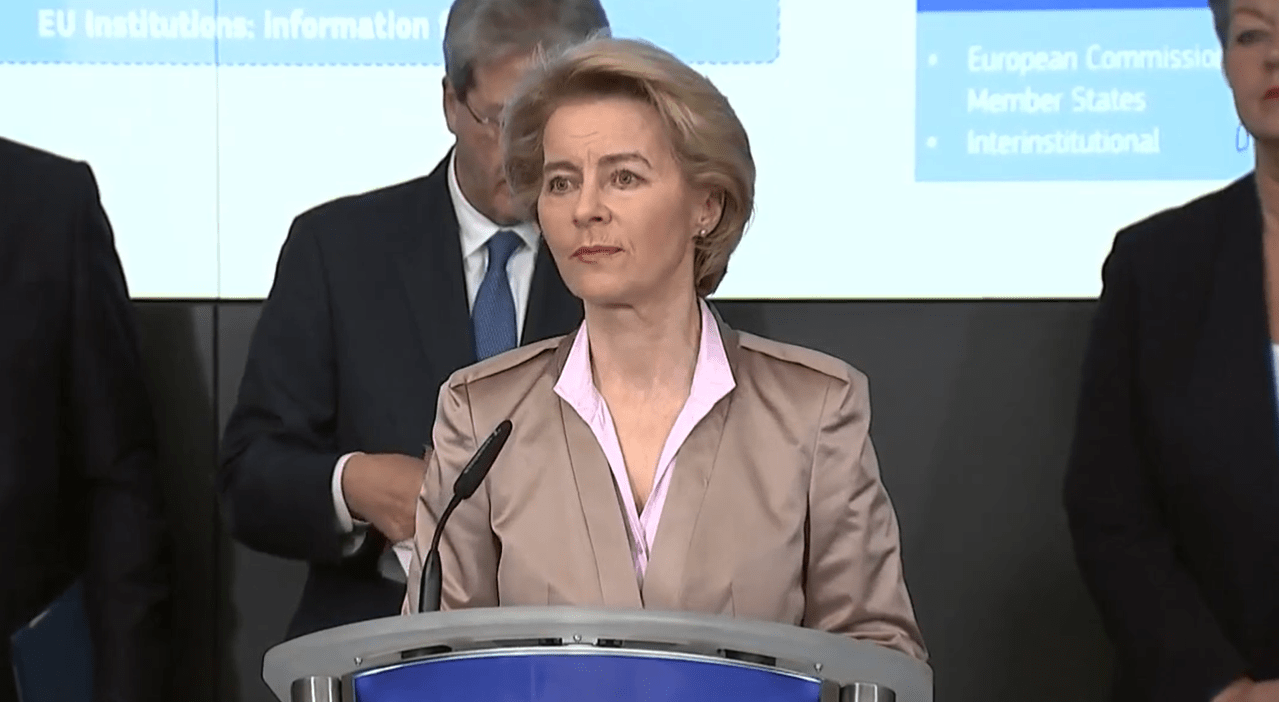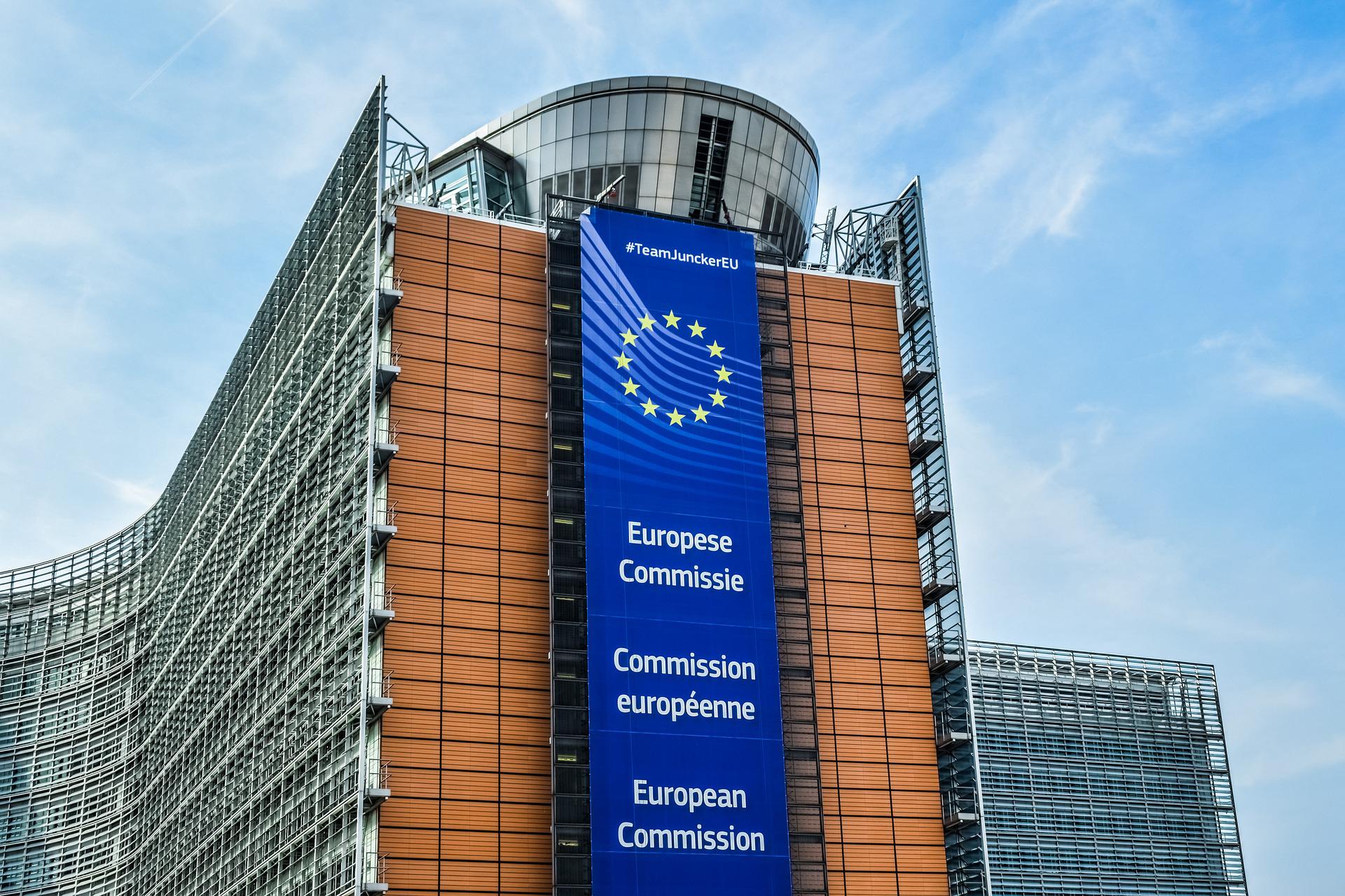25th April the Commission proposed to amend the Eurojust Regulation to give the Agency the legal possibility to collect, preserve and share evidence on war crimes. Due to the ongoing conflict, it is difficult to store and preserve evidence securely in Ukraine.
To ensure accountability for the crimes committed in Ukraine, it is crucial to ensure safe storage of evidence outside Ukraine as well as to support the investigations and prosecutions by various European and international judicial authorities. Since March, Eurojust has been supporting an EU joint investigation team looking into the possible war crimes committed in Ukraine. While Eurojust has practical experience on international crimes, the existing Regulation did not envisage a situation of this scale and crimes of this extent, requiring an update in Eurojust’s legal base.
Vice-President for Values and Transparency Věra Jourová said: “Ukraine’s fight is our fight. We must work together to make sure that war criminals are brought to justice. We need to reinforce Eurojust to make sure it has the necessary tools to deal with the scale of atrocities in Ukraine. Europe is determined and we will do what we can to help.”
Commissioner for Justice, Didier Reynders, said: “Since the start of the Russian invasion, the world has been witnessing the atrocities committed in Bucha, Kramatorsk and other Ukrainian cities. Those responsible for the war crimes in Ukraine must be held accountable. To this end, we must ensure that evidence is safely preserved, analysed and exchanged with national and international authorities, including the International Criminal Court. Today we propose to empower Eurojust to perform these tasks. Impunity will not be tolerated”.
Reinforced mandate for Eurojust
National authorities are already collecting evidence of possible crimes being committed in Ukraine. Due to the ongoing hostilities, evidence cannot be preserved securely in Ukraine. Thus, it is necessary to set up a central back-up storage, where evidence collected by Union agencies and bodies as well as national and international authorities or third parties, such as civil society organisations, could be preserved. While the Eurojust Regulation provides that Eurojust supports Member States’ action in investigating and prosecuting serious crime, including core international crimes, it does not provide for Eurojust to preserve such evidence on a more permanent basis, or to analyse and exchange it when necessary, nor to directly cooperate with international judicial authorities, such as the International Criminal Court (ICC).

Statement of the President of the European Commission following her conversation with President Zelenskyy |
To allow Eurojust to properly perform its tasks in relation to such crimes, the Commission is proposing to amend the Eurojust Regulation. Once adopted by the co-legislators, the proposal will allow Eurojust to:
- collect, analyse and preserve evidence in relation to core international crimes;
- process data, such as videos, audio recordings and satellite images;
- share such evidence with the relevant national and international authorities, including the International Criminal Court. Sharing of such evidence would only take place when appropriate and in full respect of EU data protection rules.
Eurojust will also coordinate and cooperate with Europol in accordance with their respective mandates.
Next steps
The proposal will be negotiated and adopted by the European Parliament and the Council.
More information: Press release – European Comission







Leave a Reply